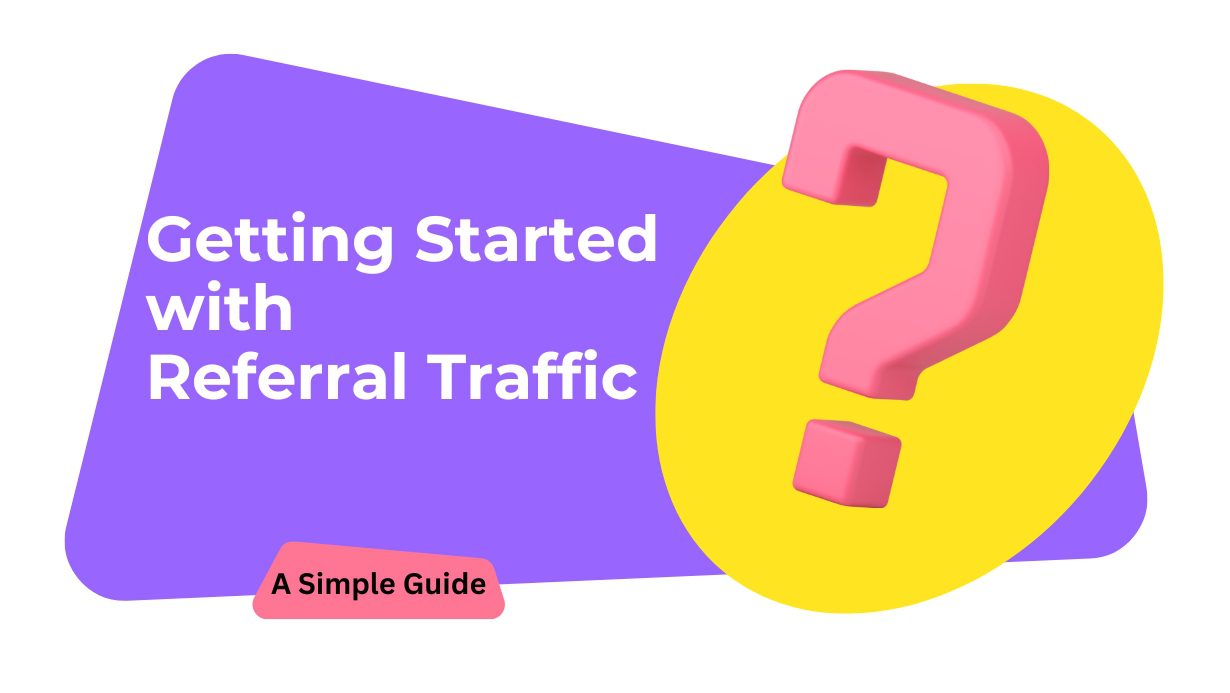How To Manage Social Media During A Global Crisis Can
Drive Real Visitors To Your Website
Things you need to know to manage your social media during a global crisis
The global health crisis is not unprecedented at all, and the Corona virus crisis (COVID-19) is one of these health crises, and human beings have experienced many epidemics and global diseases throughout history, but this is the first time that social media is experiencing this crisis. Obviously, we have some sort of problem in the middle of crisis management, but the point is that even if this is the first crisis you have to manage social media , it certainly will not be the last.

Being in a crisis means that you and your business marketing team may have to change your entire work schedule, for example a mother who, after 9 months of pregnancy and everything is right at once with a deaf child Either he becomes blind or even worse, then all the plans he had planned for his child are lost and he has to resume the program depending on the condition of his sick child.
We do not know at all how long this disease crisis will continue, but there are some general rules that we can follow to control this crisis to some extent. The best and first thing you need to put on your agenda right away is a careful planning to keep your business and brand alive. Let's examine 5 cases together.
Take a deep breath, then start controlling your damage
Words like crisis do not make you feel good. One of the most important things you can do for yourself and your brand is to take a deep breath first. When faced with disappointing news and the feeling of an uncertain future, it makes you feel insecure, but remember that you and your brand employees are all human.
Breathe for a moment and know your feelings. Do not react quickly. This is better for your long-term actions. Wrong feelings in a critical situation can cause you to make irreparable mistakes. Given the news and the horror that this crisis has created for the world, to compensate for the damage that we think , everything becomes very worrying. You should not be someone who publishes news in the media that is not accurate at all and uses the opportunity to be seen in any way.

Resist an answer that is not approved by your team leader and do not publish anything until you are sure. If you are the leader of a team, make sure it is correct before sending anything as it may cause you irreparable feedback. If you take the time to find an answer and present it correctly, it is better to make a catastrophe by publishing a wrong post. If you have been promoting ads, do not run them until you are in a good position. Gather your information in 48 hours and publish the best and most accurate.
Now the crisis we are in has lasted for months and it is not clear how long it will last, but some crises have different conditions and may last one day, two days and a week. Waiting 48 hours is an immediate damage control to assess the situation, during which time you will find out what might happen and what strategy you can consider. You may not be able to get back to normal, but this time will help you better understand the situation and make a decision.
Ask yourself questions about what you want from your
brand
Now that your ads and submissions have stopped for two full days, it's time to respond appropriately.
It is better to have a framework before the crisis:
- What is your brand?
- Can I buy organic search traffic or not?
- What does your audience need?
- How to find the right answer for the situation?
Always ask yourself these questions:
Does our voice matter even now?
This is a question you need to answer in the event of a potential crisis for your brand, as we are planning for unforeseen events.
Ask yourself:
Do people really need to hear anything from us?
If you do not have a convincing message for your audience, it is better not to say anything at all, especially in the first 12 to 24 hours of the crisis, when nothing is known yet.
Is your brand voice really useful or just a distraction?
Ask yourself, is it possible that your voice is useful as an effort without engaging you? If you believe that your voice is just a distraction, it is better to be silent, and if you are pressured by the team leader to publish something, it is better not to publish anything in the first 24 to 48 hours. To do anything, do not do it until, you are sure.
How has the competitive landscape changed?
Find out if your competitors have secured their market positions in recent months.
How can our brand help in the crisis?
It is possible that your brand is really an influential factor for your audience, in which case you are responsible to your audience. In this case, you must first wait for the official response of your team leader. Do not answer questions individually. Also, do not answer a question at all until you have a formal answer.
The slightest negligence can cause a big disaster for your brand, one of the ways to prevent such disasters is to make sure of every issue and also your every move must be approved by the responsible people.

Check your tone
This is not just what you are saying, and when it comes to using social media in the middle of a crisis, it is not just what you say that matters, but how you express it. Crises are not good times for jokes and humor. Even if using humor is your personal coping mechanism, or shows your positivity, be careful that it does not have a detrimental effect on your brand strategy.
Maybe a crisis is a lot like a medium-term and long-term epidemic, or maybe a large population of the world is adversely affected by a long-term crisis, in which case you may want to use social media to Use messaging or provide information or resources.
Global and even domestic crises can have serious detrimental effects on people, which can be accompanied by anxiety, sadness or uncertainty and security. In this case, your media can be a good platform for positive and effective messages.
Whatever you do, do not make the situation more critical
Any kind of crisis that is moving in the news cycle makes it necessary for us to remember that everything is being revealed in the moment and the information is changing. Do not enter into an irreparable challenge by entering information that has not been properly reviewed. You are intimidating people by posting articles that contain incorrect information.
Bad information is much worse than nothing. It means that if you do not publish something, it is better to publish bad information. In addition, do not use the crisis hashtag if you do not provide important resources, support, or information to those affected.
Do not use crisis hashtags for irrelevant posts because hashtags are an important source of information on social media in times of crisis. To save time and irrelevant posts is a wrong move. A critical event is not a marketing period, do not use it to your advantage.

5. Know when it is time to return to business as normal
Even in a global crisis like this epidemic, at some point you need to get back to business as usual. This does not mean that you should use it to your advantage in a crisis situation, but it does mean that your audience will get tired of the news. They just want to get back to normal.
Your brand can return to normal but slowly. You may need to re-evaluate your approach to creativity to make sure that nothing is inappropriate given the crisis. Be aware of the news, and if there are new developments in an ongoing crisis, consider it quickly, but know that you are not involved in an eternal heavyweight with your strategy.
- Not every crisis will be like this:
- Things will happen with more urgent needs.
- Events that apply to your brand in a larger or less significant way.
- Events that require your silence or formal responses or your help.
- No matter what the crisis looks like, you can provide the basics of the program to help prevent it from becoming a sarcastic hashtag in a crisis.
- Reach your audience with human-centered responses and content.






